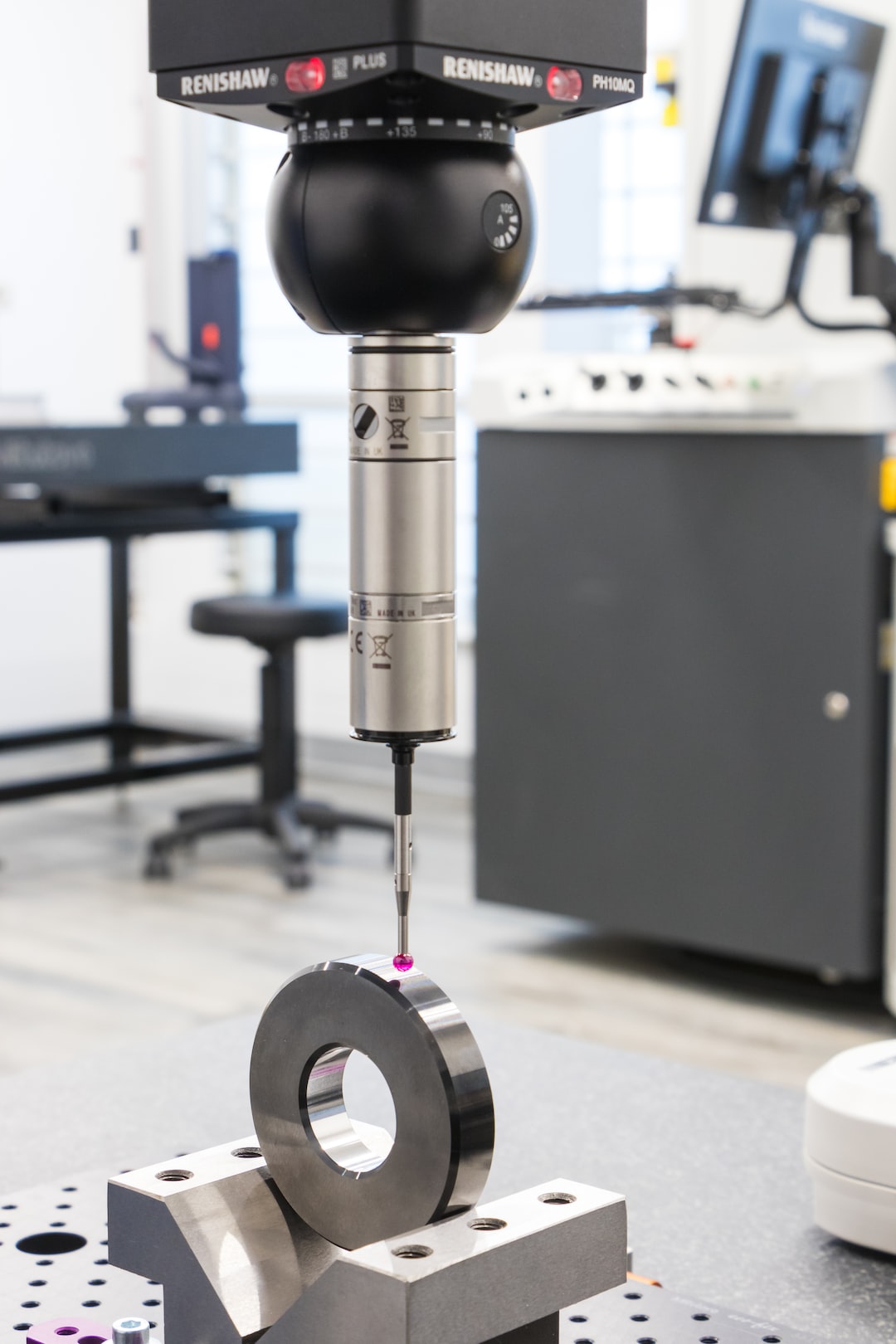Exploring the Advancements in Industrial IoT in Manufacturing
With the rapid developments in technology in recent years, various industries have experienced significant transformations. One such sector is manufacturing, where the integration of Industrial Internet of Things (IIoT) has led to immense progress and improvement in processes and operations. IIoT, also known as the Industrial Internet, refers to the interconnection of industrial devices and equipment through the internet to facilitate seamless communication and data exchange.
The implementation of IIoT in manufacturing has been a game-changer, revolutionizing traditional factory setups into smart and automated facilities. The ability to connect and monitor various devices, equipment, and systems in real-time has provided manufacturers with invaluable insights and control over their operations. This has created numerous opportunities for increased efficiency, productivity, and cost savings.
One of the significant advancements in IIoT is the advent of intelligent sensors. These sensors play a crucial role in collecting, analyzing, and transmitting real-time data, allowing manufacturers to monitor their processes accurately. From temperature and humidity sensors to vibration and pressure sensors, the wide array of options provides manufacturers with detailed insights into their production lines. For example, if a sensor detects abnormal vibrations in a machine, it can trigger an alert, allowing immediate action to prevent a potential breakdown. This preemptive approach ensures smooth operations and minimizes costly downtime.
Furthermore, IIoT facilitates predictive maintenance, another significant advancement in the manufacturing industry. Traditional maintenance practices often relied on scheduled inspections or reactive responses after equipment failure. However, IIoT enables the monitoring of equipment conditions and performance indicators, allowing for predictive analysis of potential failures. By utilizing machine learning algorithms, manufacturers can predict when equipment requires maintenance or replacement, significantly reducing downtime and increasing productivity.
Moreover, IIoT has played a pivotal role in enhancing supply chain management in the manufacturing industry. Digital integration across the entire supply chain enables real-time tracking of inventory, shipments, and deliveries. The ability to monitor and analyze data throughout the supply chain empowers manufacturers to optimize processes, reduce lead times, and make informed decisions. Additionally, this transparency fosters better collaboration between suppliers, manufacturers, and customers, resulting in improved operational efficiency and customer satisfaction.
Another area where IIoT has made significant advancements is quality control. With IIoT, manufacturers can track every stage of production, ensuring that products meet desired quality standards. Real-time data analysis allows for the detection of production issues or defects early on, enabling swift corrective actions. This proactive approach prevents the production of faulty products, saving both time and costs for manufacturers.
The integration of IIoT has also facilitated the implementation of smart factory systems, also known as Industry 4.0. Smart factories leverage IIoT to connect multiple devices and systems, creating an interconnected ecosystem where machines, people, and processes are seamlessly integrated. This digital transformation allows for real-time production monitoring, predictive analytics, and intelligent automation. As a result, manufacturers can achieve increased efficiency, reduced waste, and improved production flexibility.
Furthermore, IIoT drives innovation in the manufacturing industry by enabling the creation of new business models. Manufacturers can monetize data generated from IIoT devices and offer value-added services to customers. For instance, by collecting and analyzing data from machines, manufacturers can provide performance benchmarks, predictive maintenance services, or implement usage-based pricing models. This data-driven approach opens doors for new revenue streams and greater customer satisfaction.
However, with advancements in IIoT come concerns regarding cybersecurity. As various devices and systems are interconnected, the risk of cyber-attacks increases. Manufacturers need to prioritize security measures to protect sensitive data and prevent unauthorized access. Implementing robust security protocols, such as encryption and authentication mechanisms, is crucial to safeguarding the integrity and confidentiality of data transmitted within the IIoT ecosystem.
In conclusion, the advancements in Industrial IoT have transformed the manufacturing industry, empowering manufacturers with real-time data and insights. From intelligent sensors to predictive maintenance and supply chain optimization, IIoT offers immense opportunities for increased efficiency, productivity, and innovation. However, manufacturers must remain vigilant and prioritize cybersecurity to mitigate potential risks. As technology continues to evolve, the future of manufacturing will undoubtedly be shaped by Industrial IoT, continuing this era of progress and growth.

